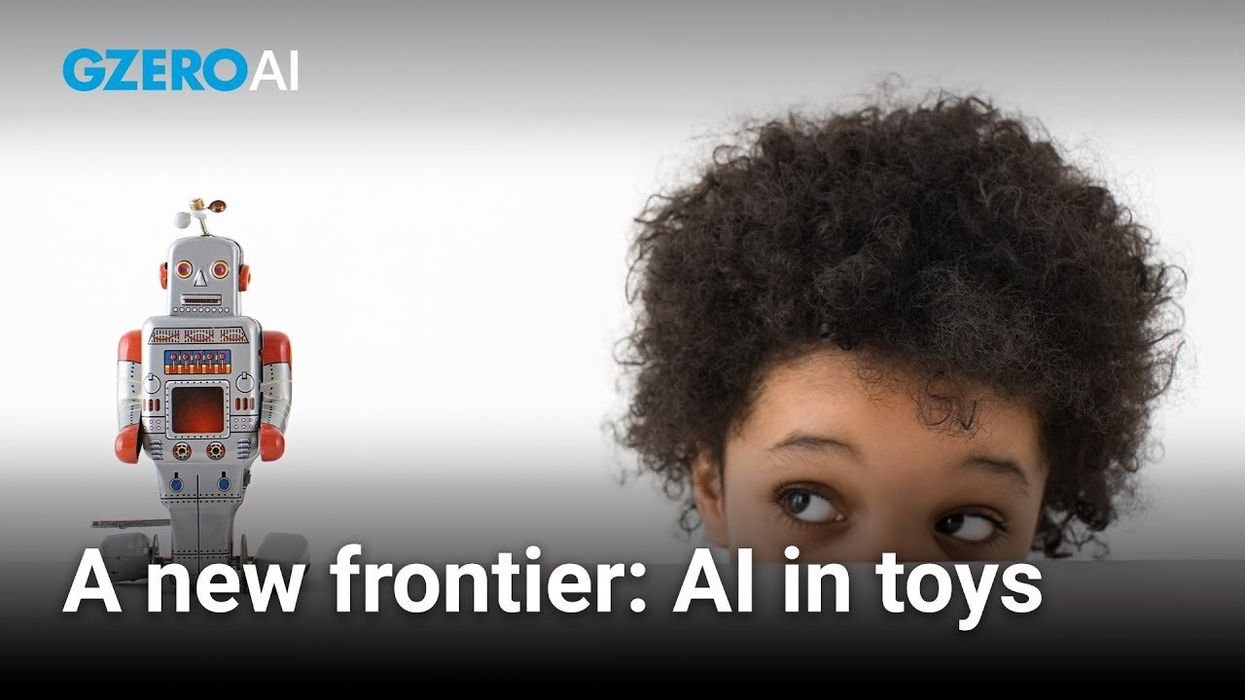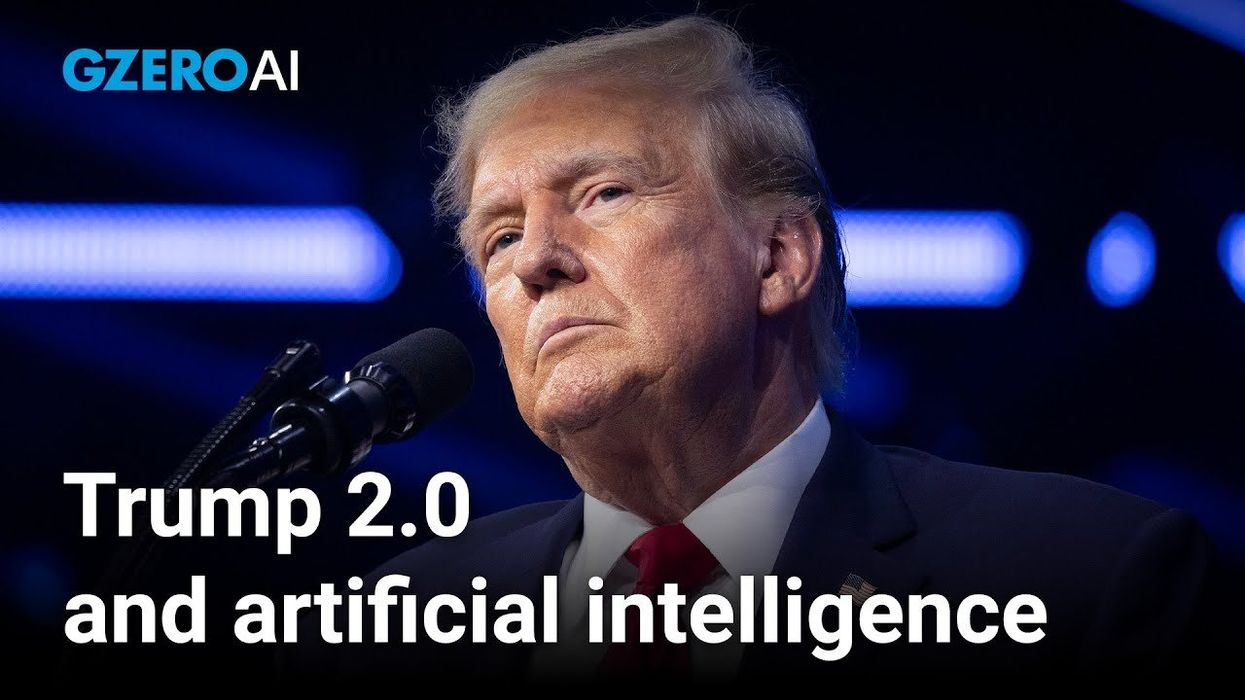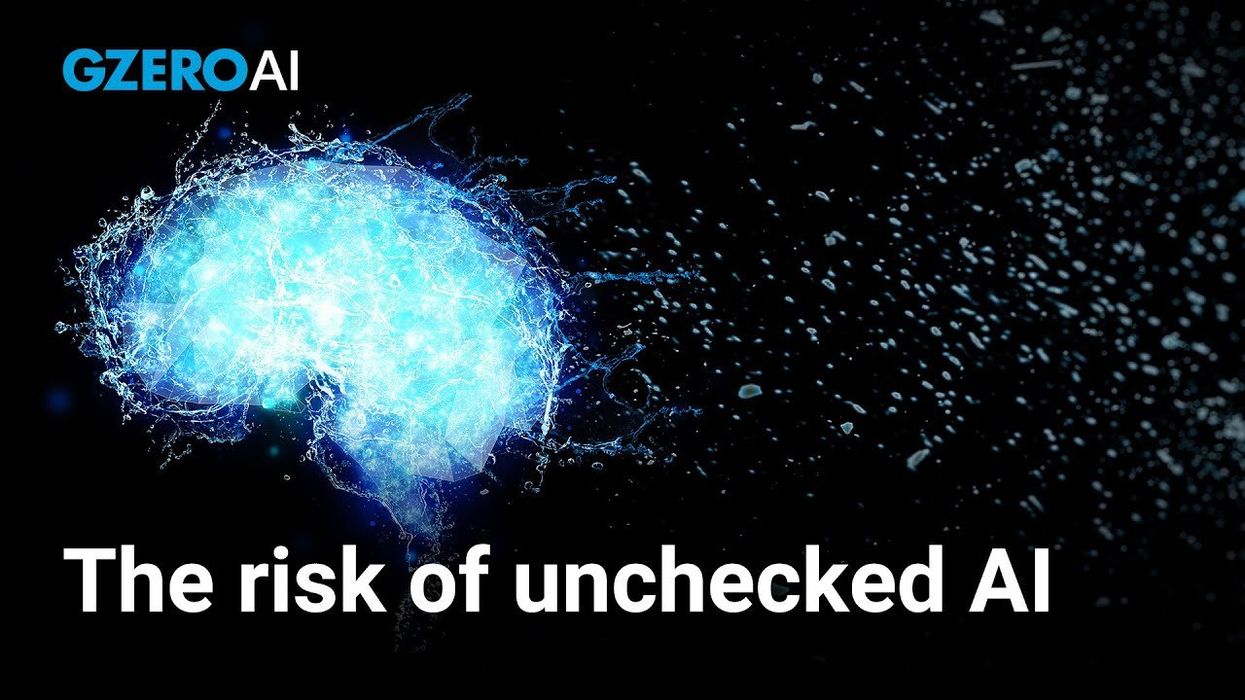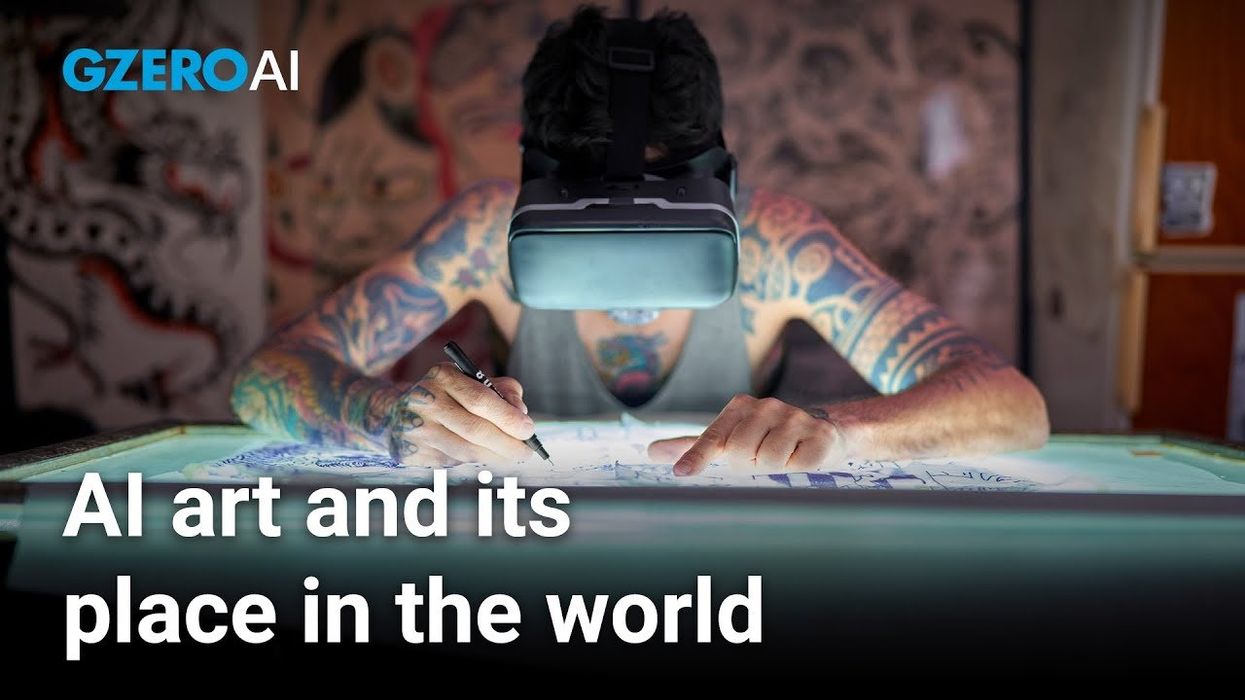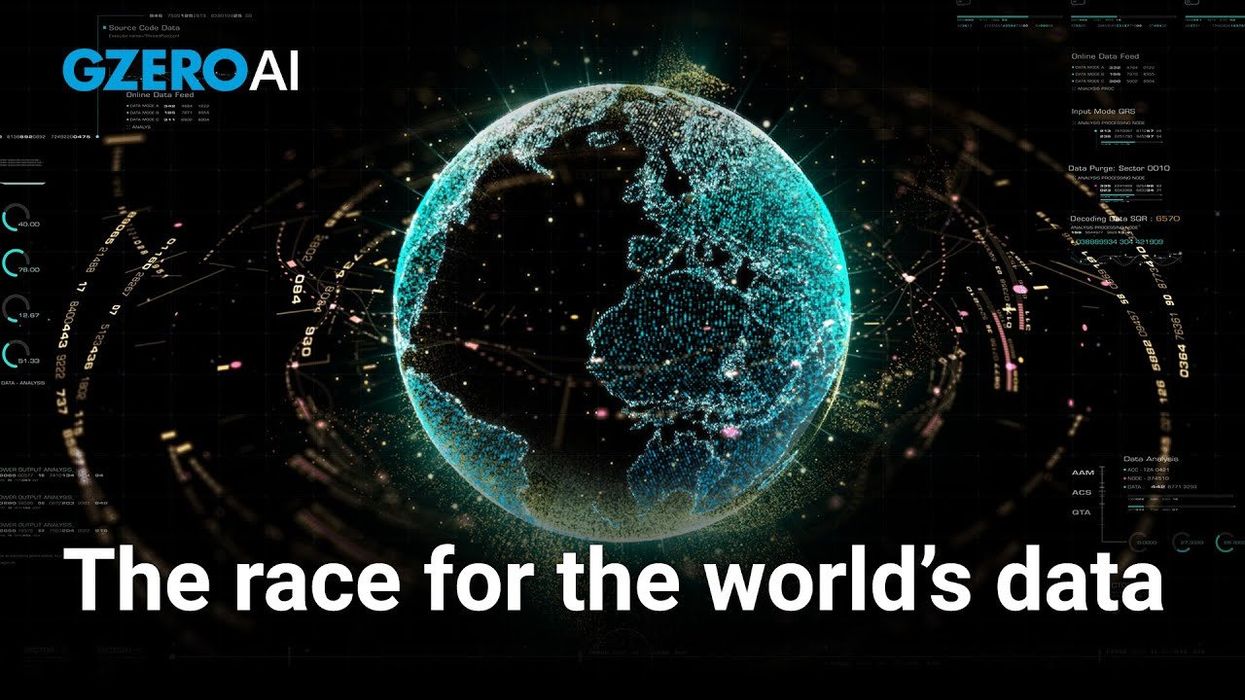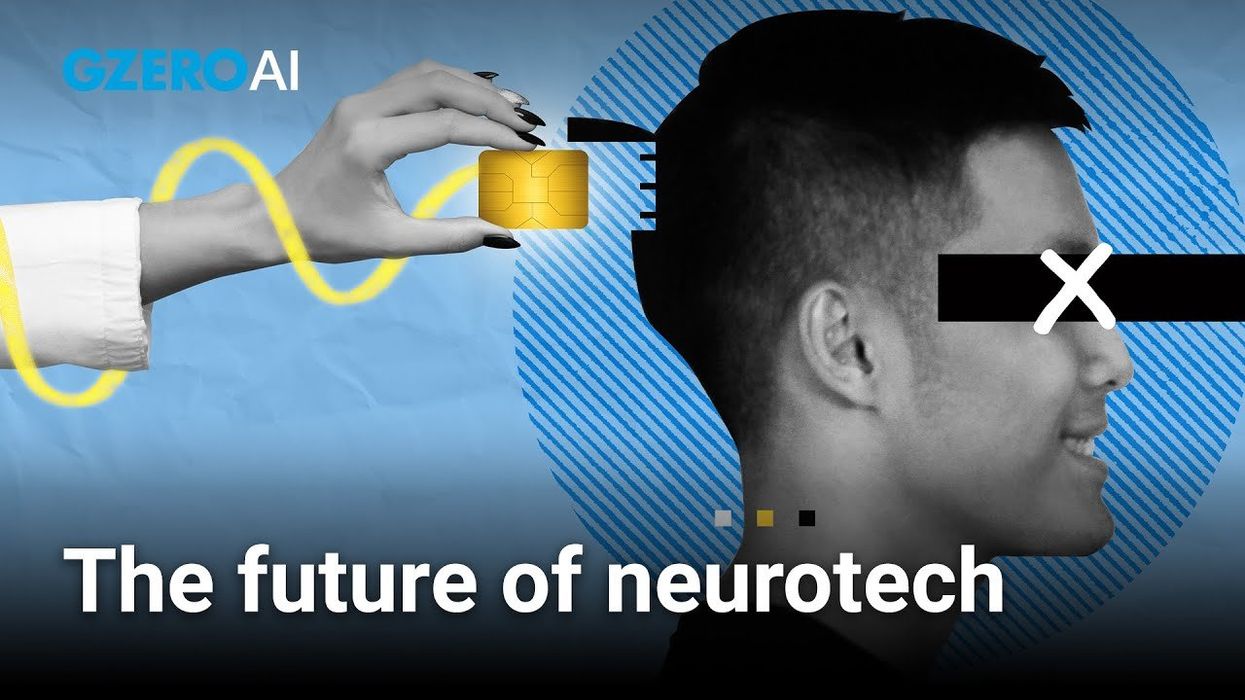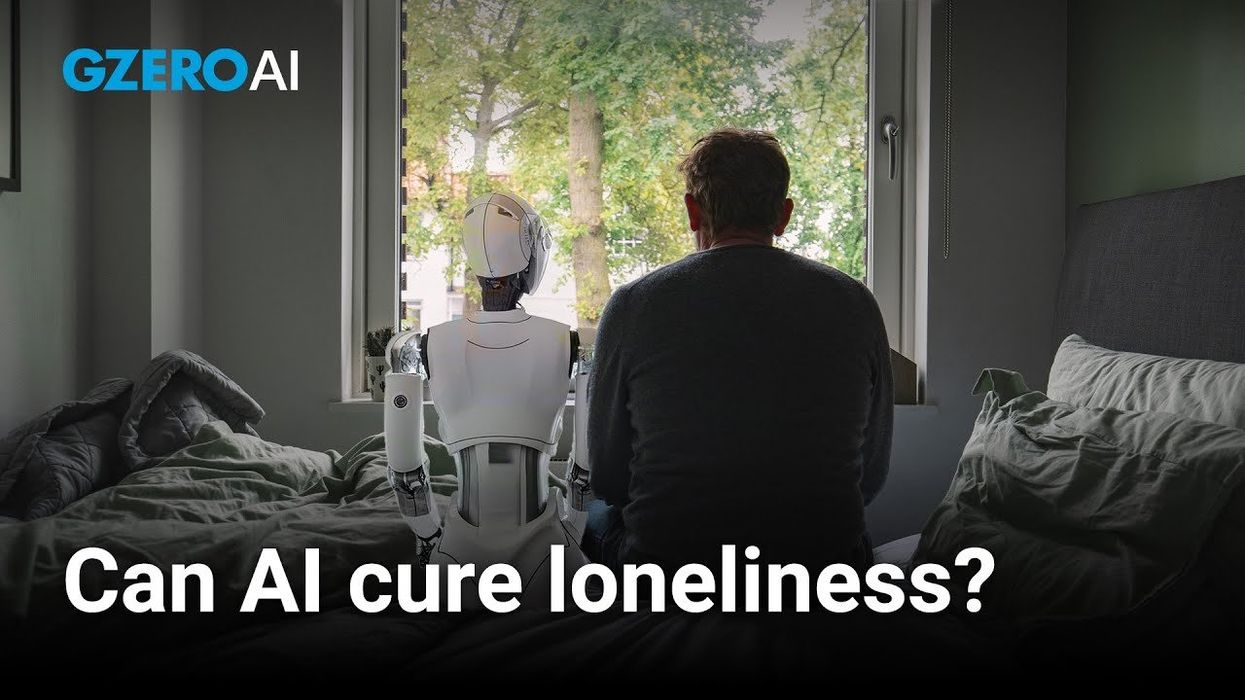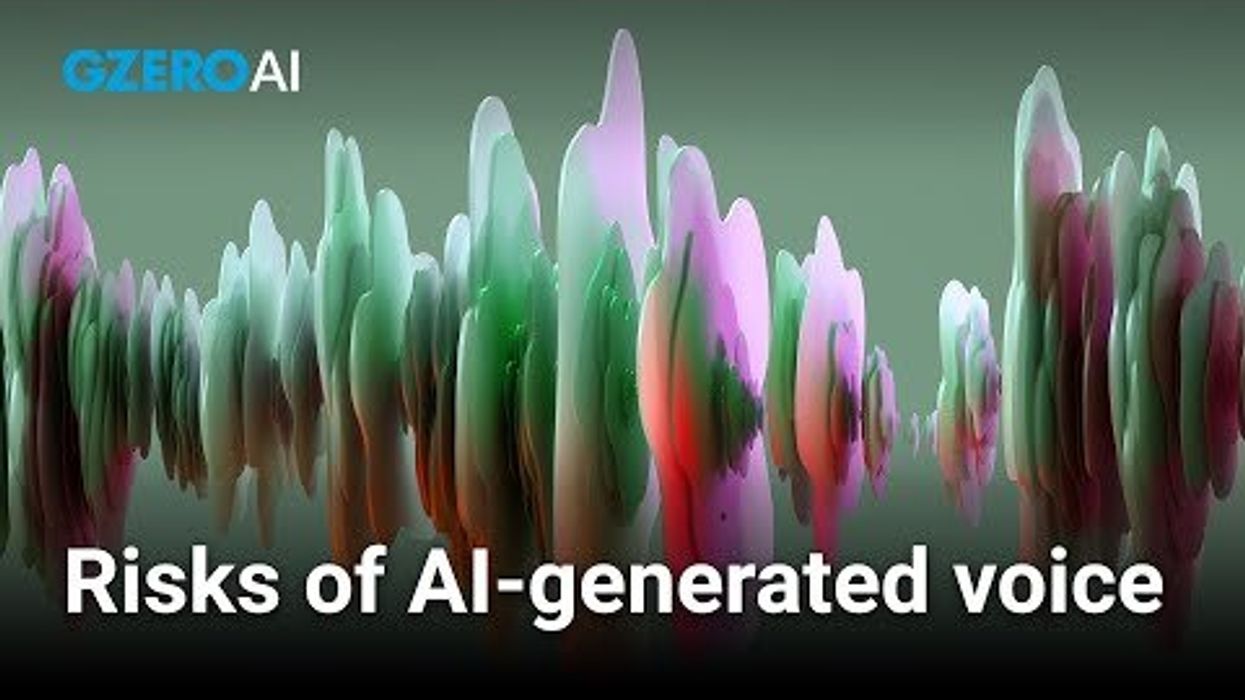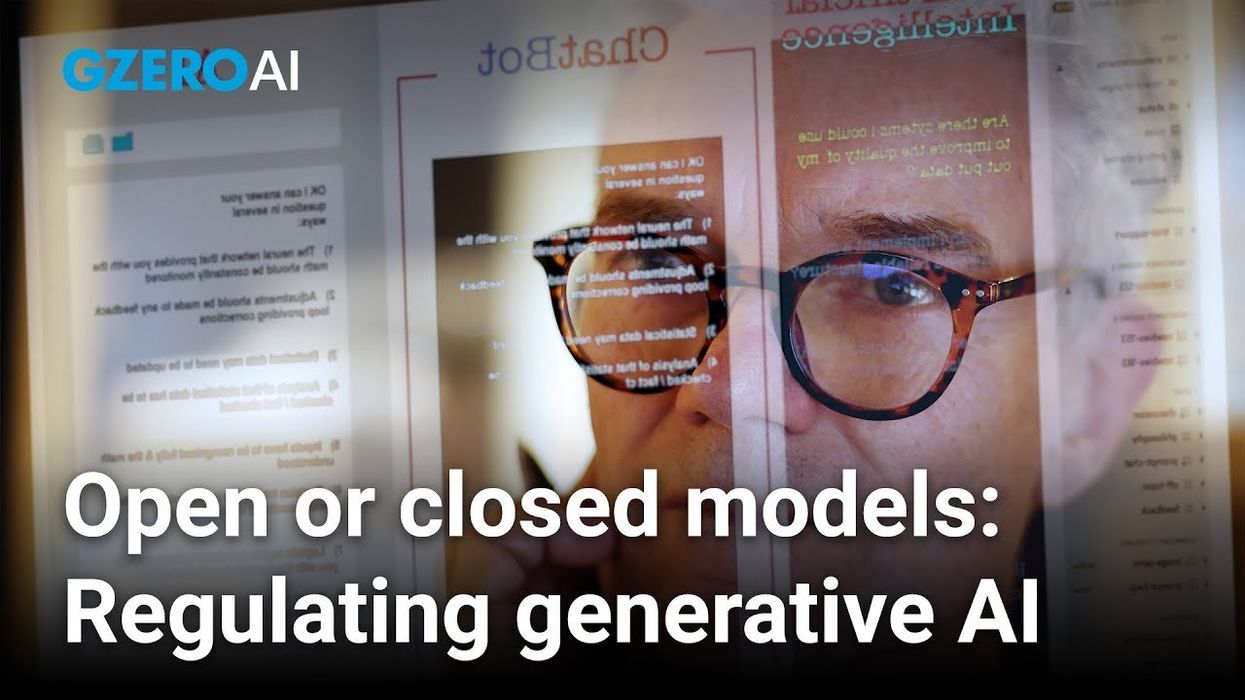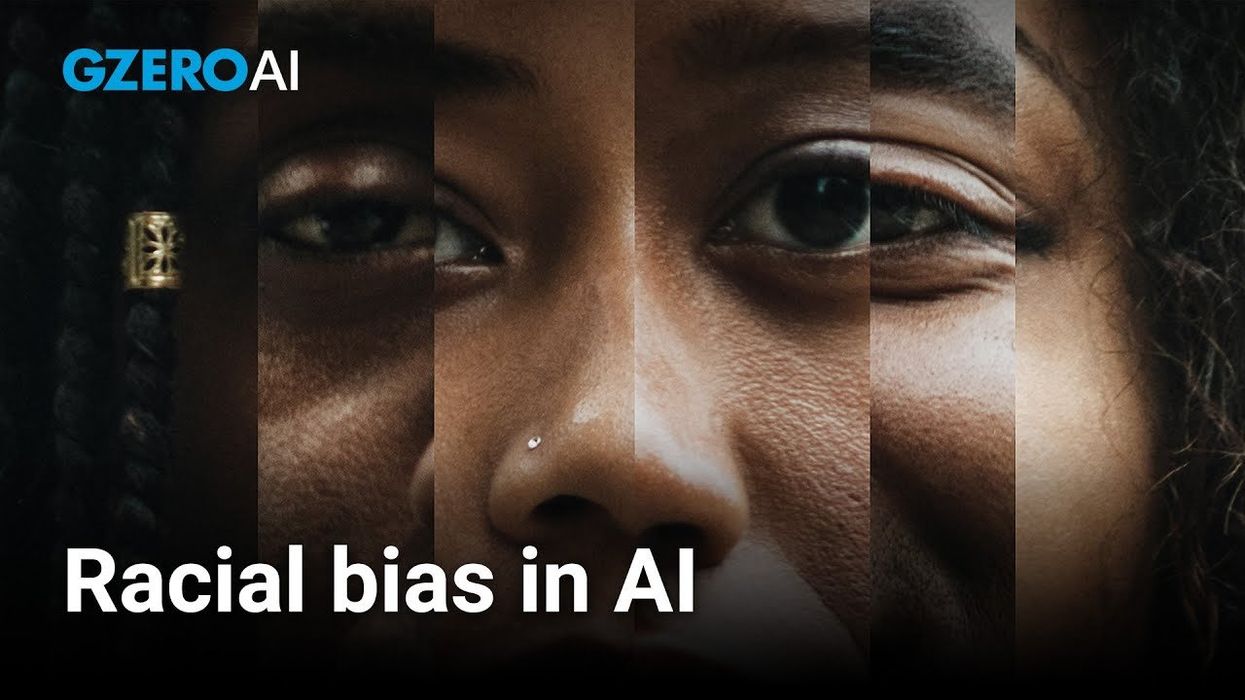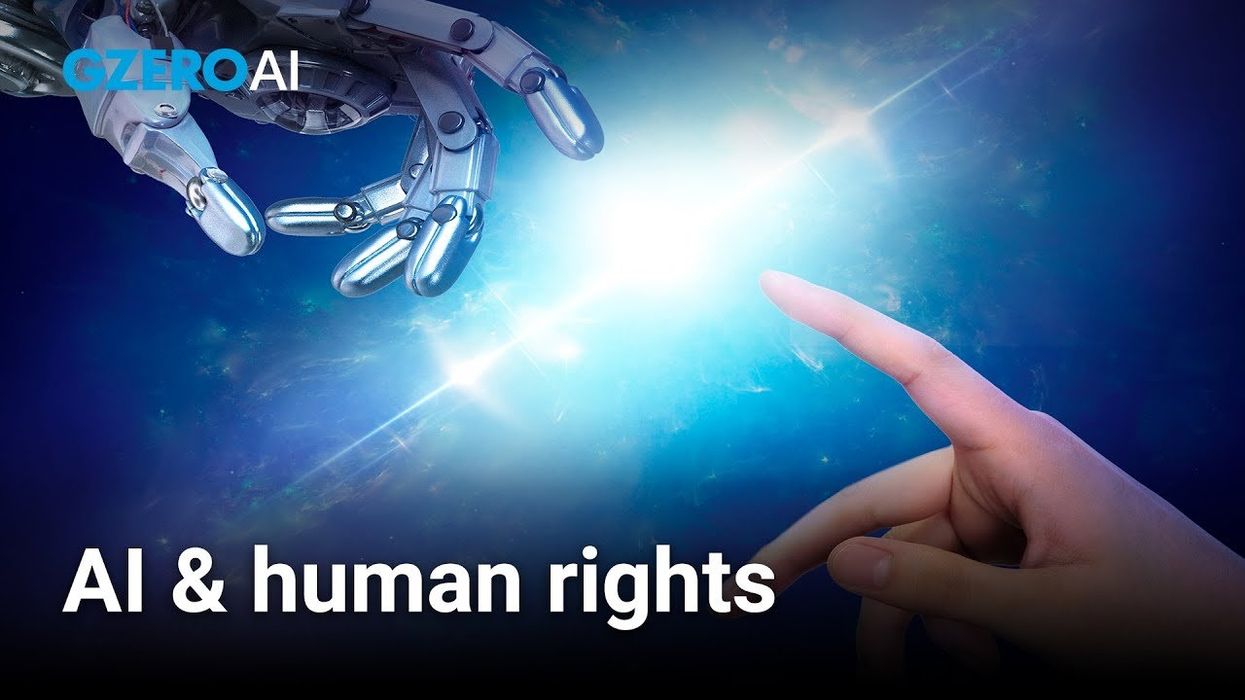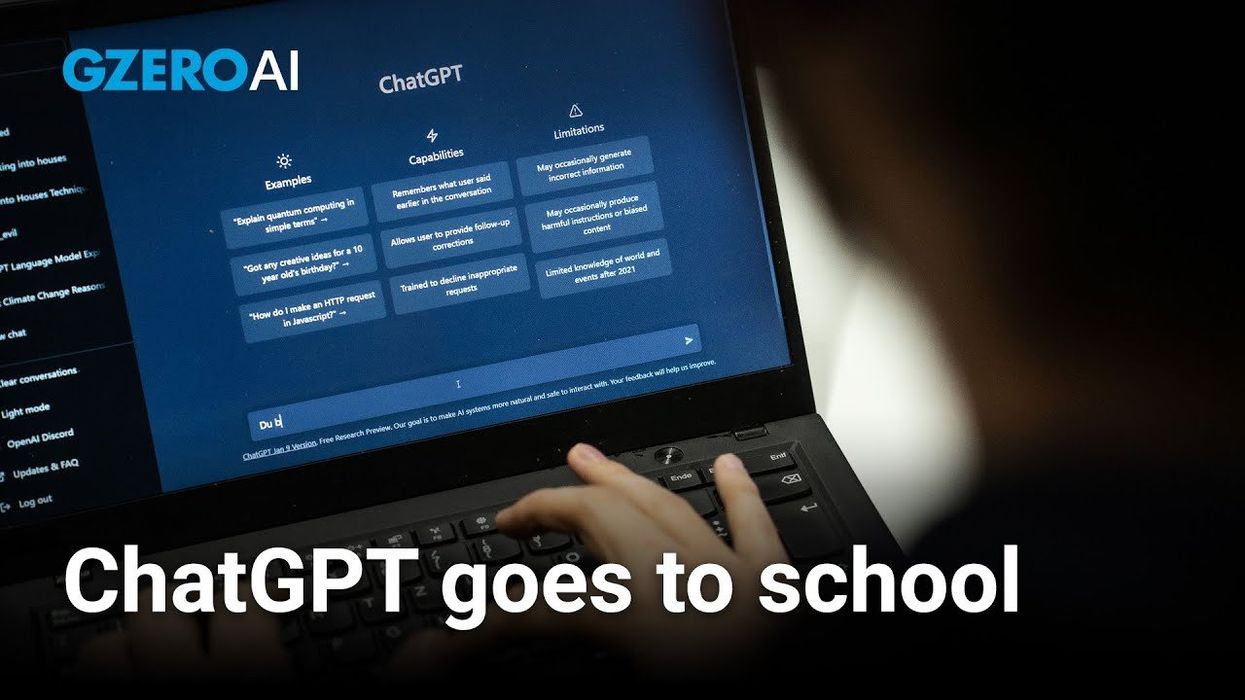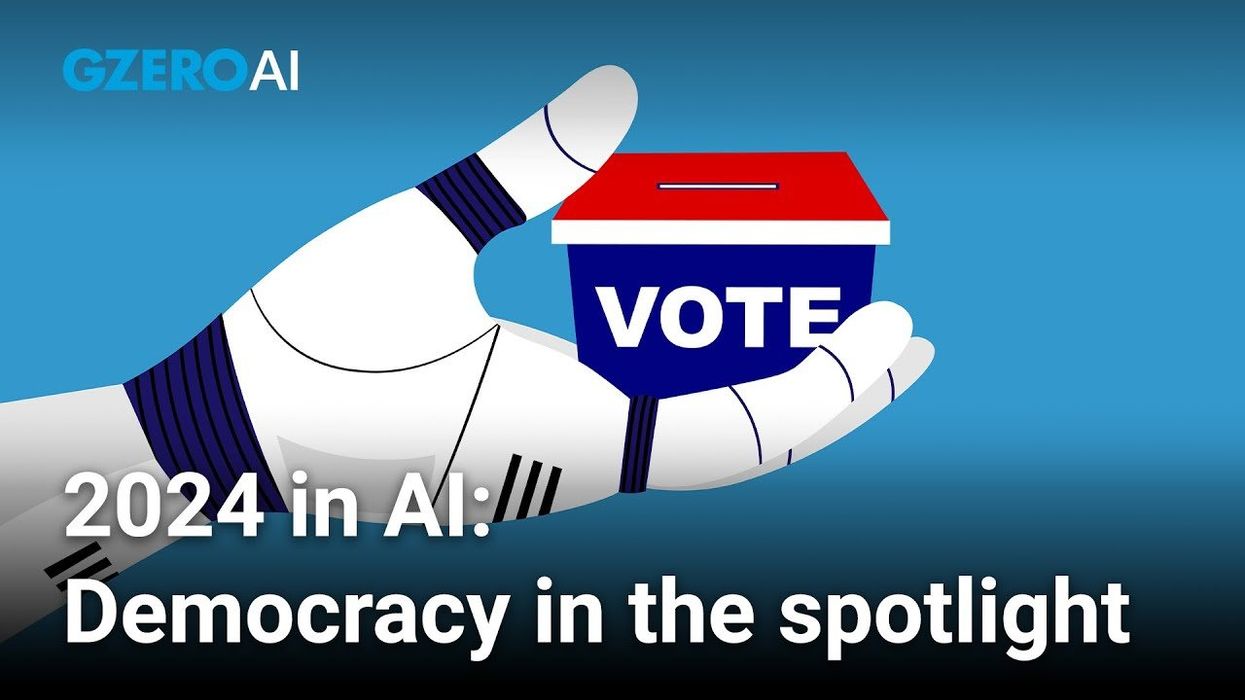VIDEOSGZERO World with Ian BremmerQuick TakePUPPET REGIMEIan ExplainsGZERO ReportsAsk IanGlobal Stage
Site Navigation
Search
Human content,
AI powered search.
Latest Stories
Start your day right!
Get latest updates and insights delivered to your inbox.
GZERO AI Video
GZERO AI is our weekly video series intended to help you keep up and make sense of the latest news on the AI revolution.
Presented by
Taylor Owen, professor at the Max Bell School of Public Policy at McGill University and director of its Centre for Media, Technology & Democracy, looks at a new phenomenon in the AI industry: interactive toys powered by AI. However, its interactivity function comes with a host of privacy concerns. According to Owen, it doesn't end there.
So, it's that time of year where I start thinking, admittedly far too late, about my holiday shopping. And because I have a ten-year-old child, this means that I am seeing a lot of ads for new kids’ toys. Kids have had interactive toys for decades. Remember Tickle Me Elmo?
But now these interactive toys are being powered by AI. For example, for $1500, you can buy your kid a Moxie robot. My name is Moxie. I am a new robot. What is your name? Moxie is sort of like a robotic best friend. When your kid talks to it, Moxie records those conversations and then uses technology powered by OpenAI to analyze those interactions and react back.
Embodied, the company that makes Moxie, says that this helps kids regulate their emotions, provides them with companionship, and boost their self-esteem. All of which sounds great, but toys like this should also give us pause. Let me explain. A toy like this comes with a whole host of privacy concerns. Moxie records video and audio of your child and then analyzes that data to create facial expression and user image data.
Now they say they don't store the audio and video recordings, but they do keep the metadata about your child's facial expressions and how they're interacting with the toy. Embodied says it's ultimately parents’ responsibility to ensure that their child isn't giving out personal data. But I don't know., that seems unlikely for a toy that's designed to be your child's digital best friend.
These types of privacy concerns, of course, aren't new. Home assistants like Amazon Alexa and other smart appliances also record and mine your data. And big tech companies aren't likely to move away from this kind of practice, as data collection is essential to their market power. It's pretty clear we're extending this collection practice into the lives of our children.
While privacy concerns with toys like these are well-established, there's another issue that I think requires some thought. How will toys like these affect childhood development? There's a chance these toys could become a powerful tool in helping kids learn and grow. Embodied claims that 71% of the kids that use Moxie saw improved social skills. But this also represents a pretty radical new frontier in childhood development.
What happens when kids are being socialized with robots instead of with other kids? It's often said that AI is going to transform our society, but this may not be a binary event. Sometimes the effect of AI is going to creep into our lives slowly. Kids toys, slowly but surely becoming agents, may be one way this happens.
I'm Taylor Owen and thanks for watching.
Keep reading...Show less
More from GZERO AI Video
Europe’s AI deepfake raid
March 04, 2025
AI's existential risks: Why Yoshua Bengio is warning the world
October 01, 2024
How is AI shaping culture in the art world?
July 02, 2024
How AI models are grabbing the world's data
June 18, 2024
Can AI help doctors act more human?
June 04, 2024
How neurotech could enhance our brains using AI
May 21, 2024
OpenAI is risk-testing Voice Engine, but the risks are clear
April 03, 2024
Should we regulate generative AI with open or closed models?
March 20, 2024
AI and Canada's proposed Online Harms Act
March 05, 2024
Gemini AI controversy highlights AI racial bias challenge
February 29, 2024
When AI makes mistakes, who can be held responsible?
February 20, 2024
AI & human rights: Bridging a huge divide
February 16, 2024
Taylor Swift AI images & the rise of the deepfakes problem
February 06, 2024
Will Taylor Swift's AI deepfake problems prompt Congress to act?
February 01, 2024
ChatGPT on campus: How are universities handling generative AI?
January 23, 2024
Davos 2024: AI is having a moment at the World Economic Forum
January 16, 2024
AI in 2024: Will democracy be disrupted?
December 20, 2023
GZERO Series
GZERO Daily: our free newsletter about global politics
Keep up with what’s going on around the world - and why it matters.
